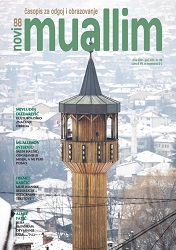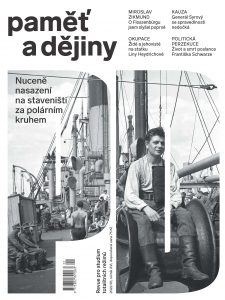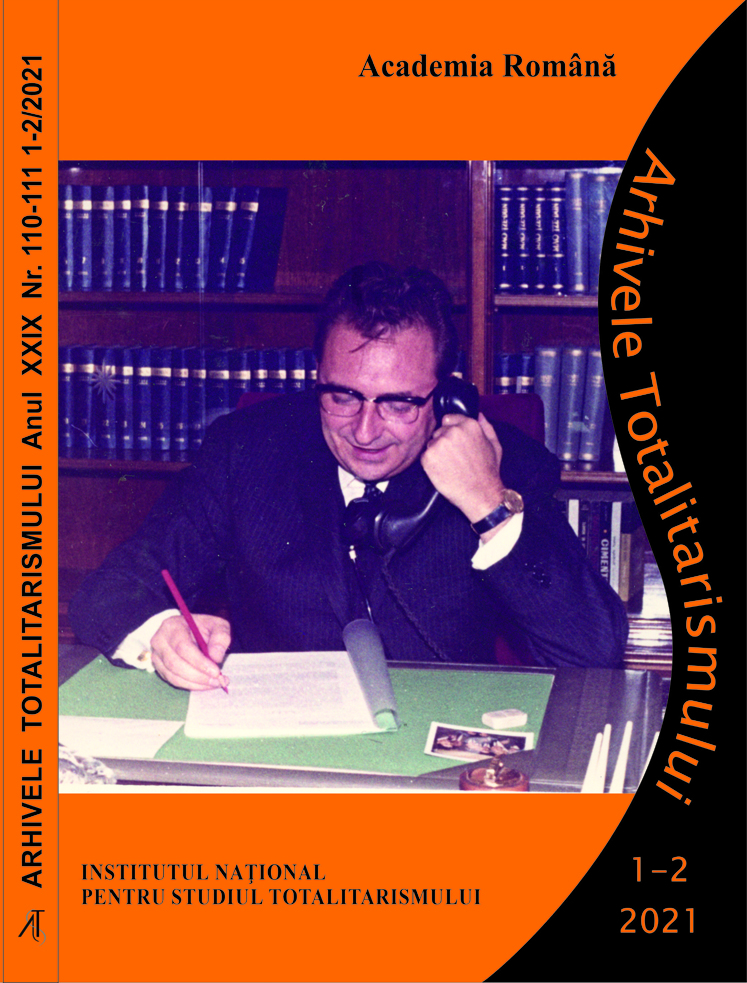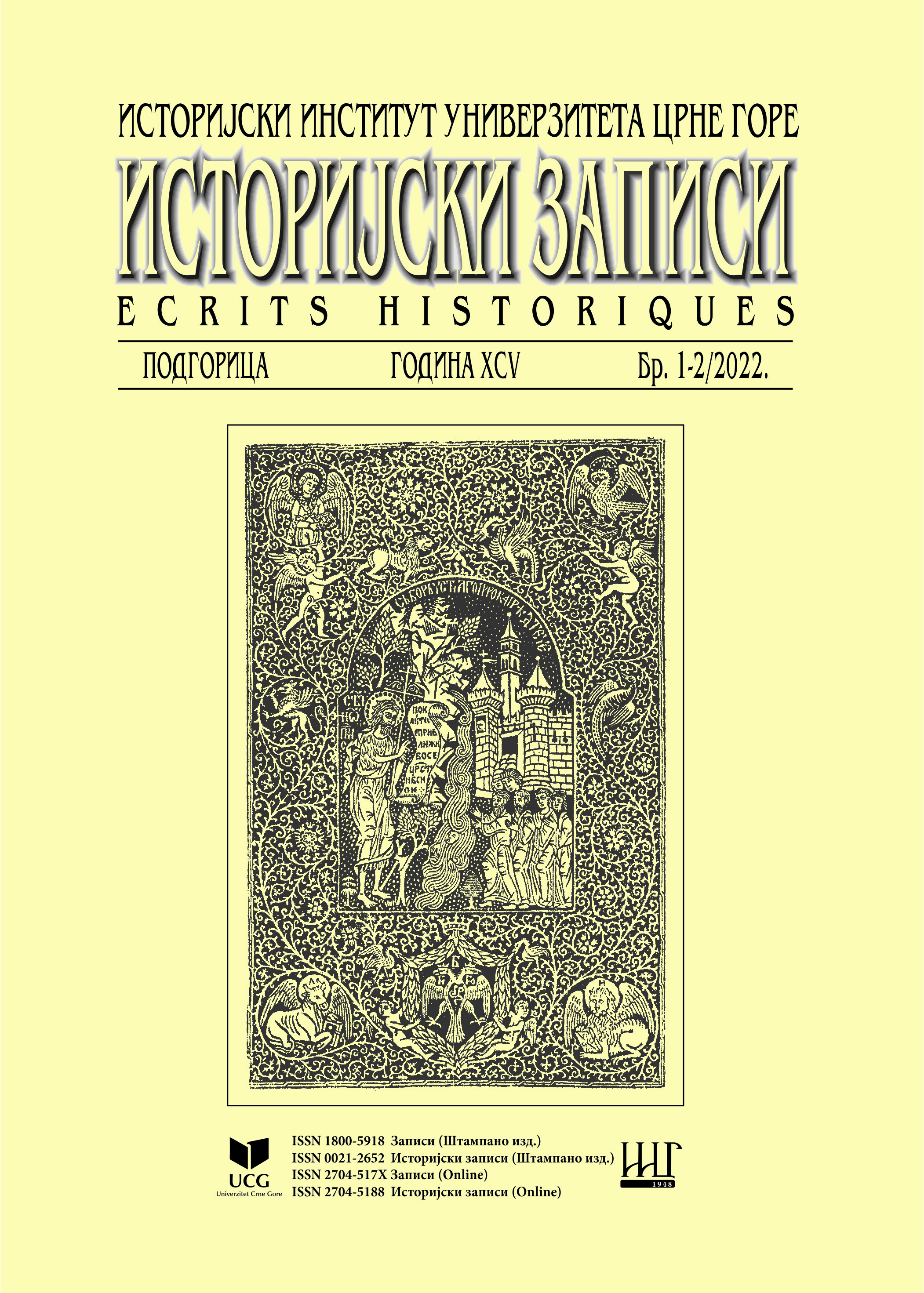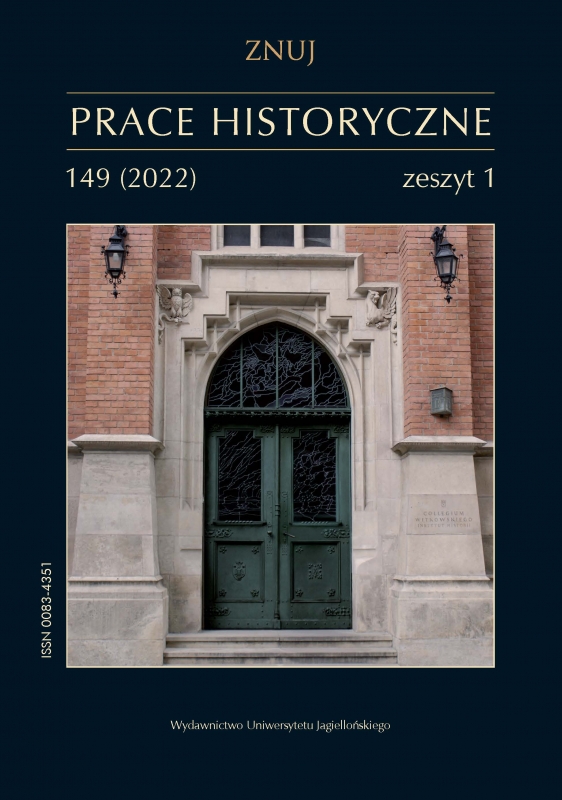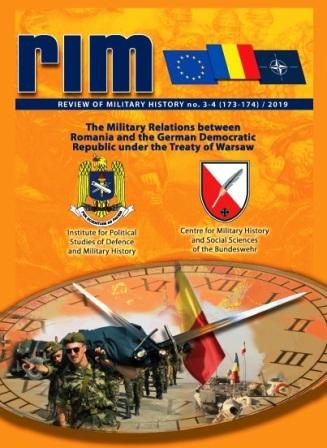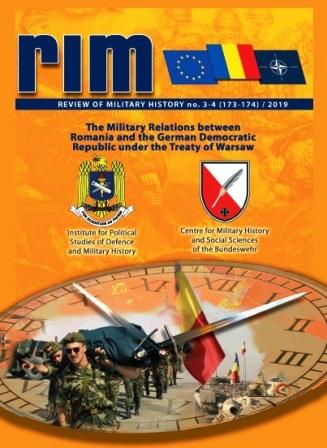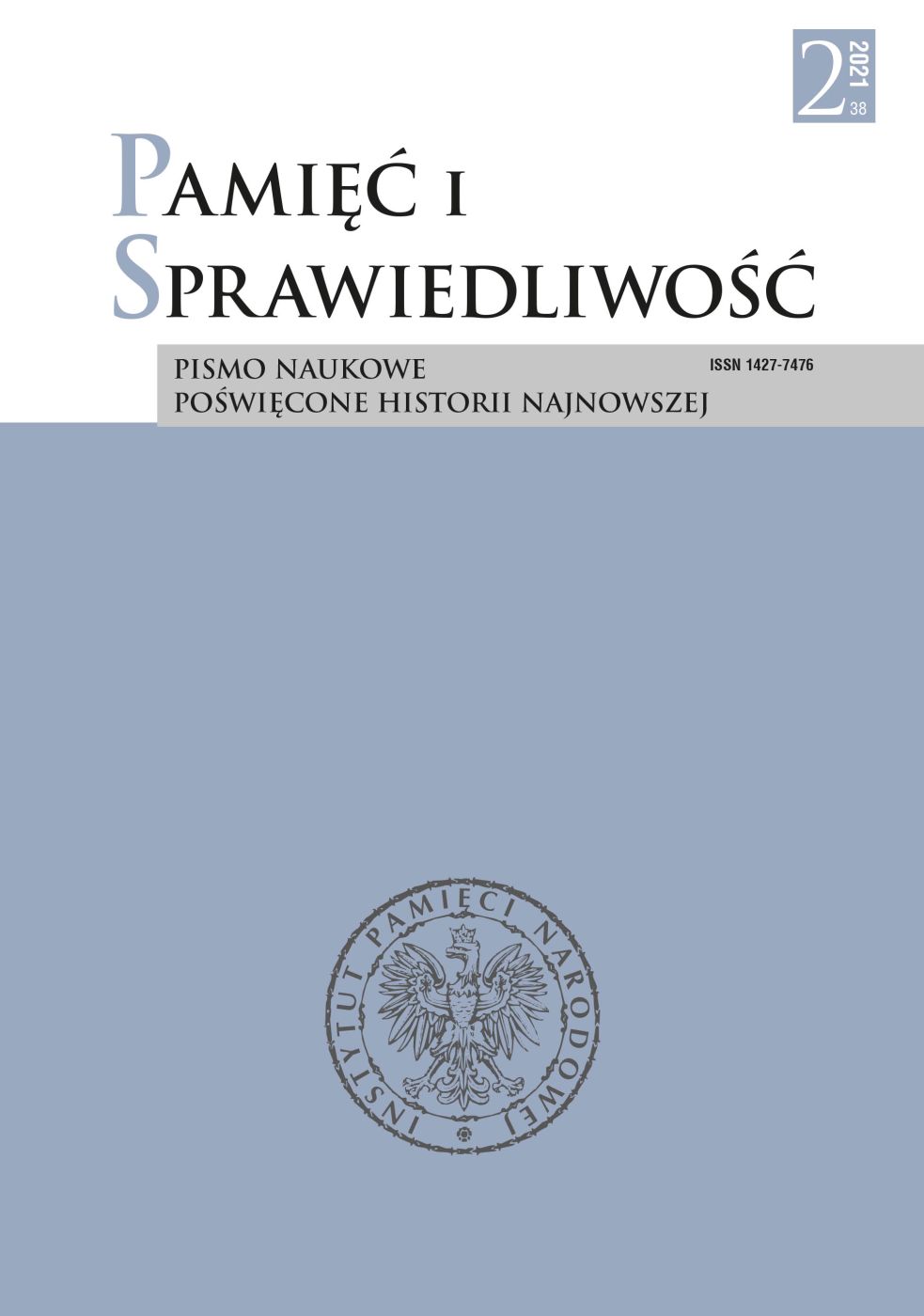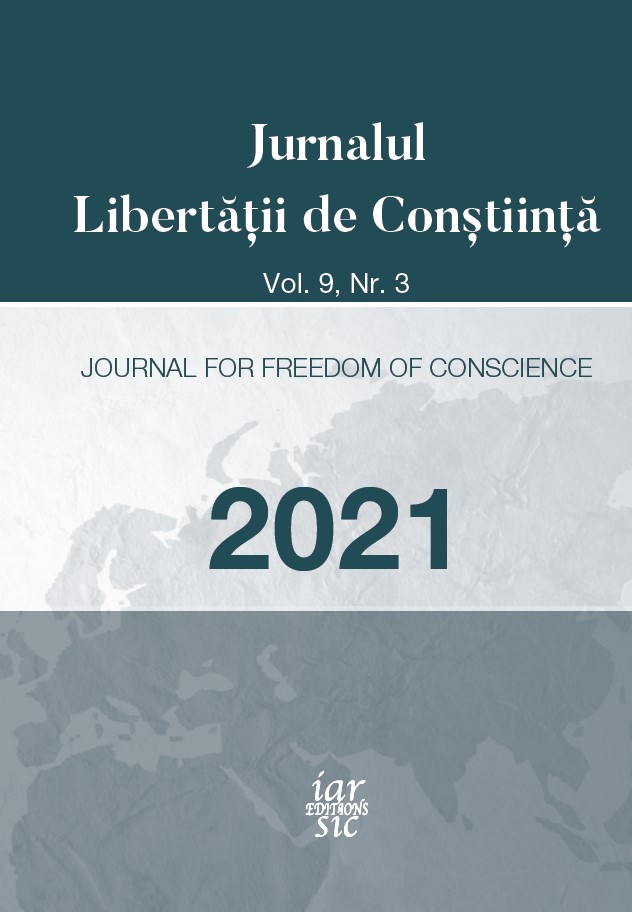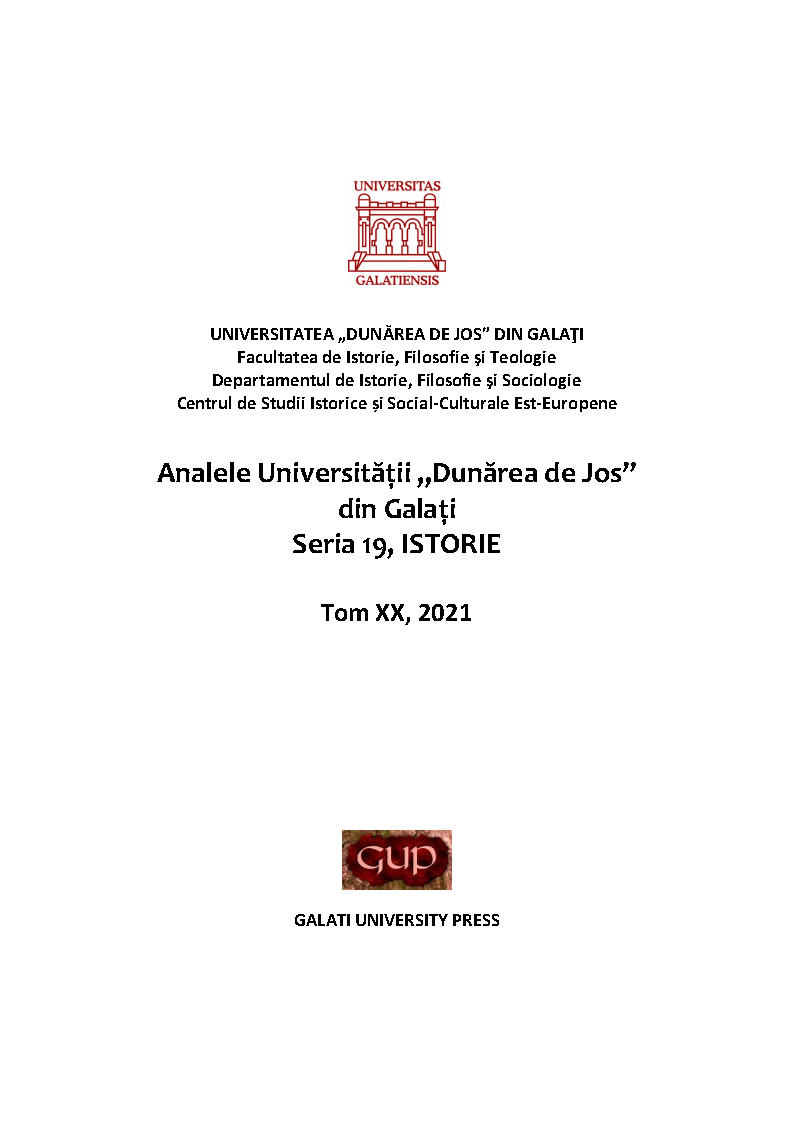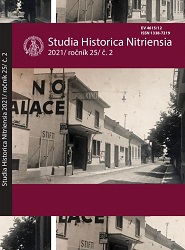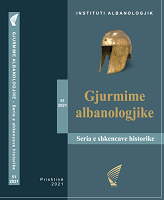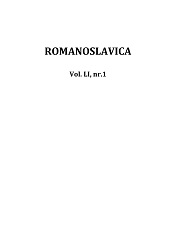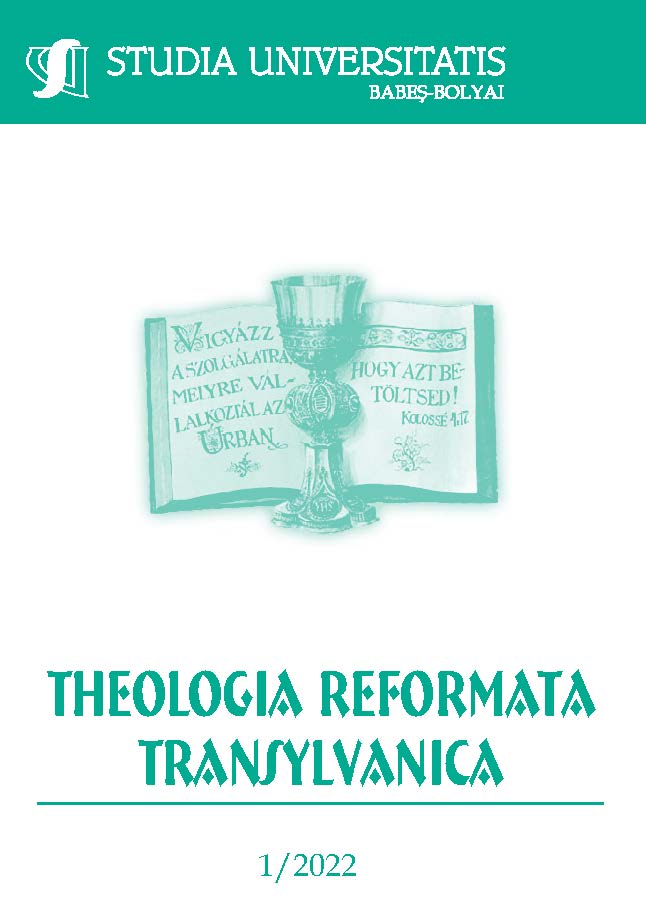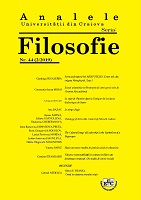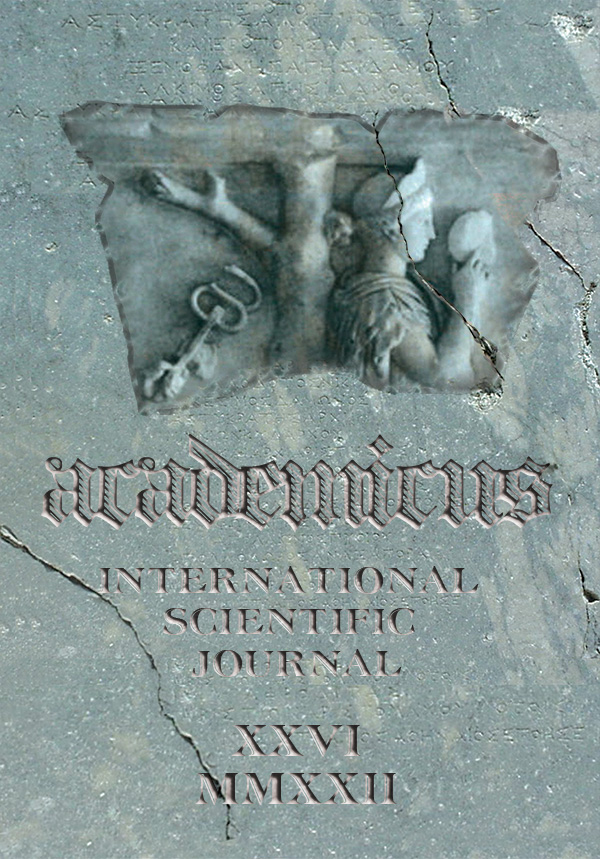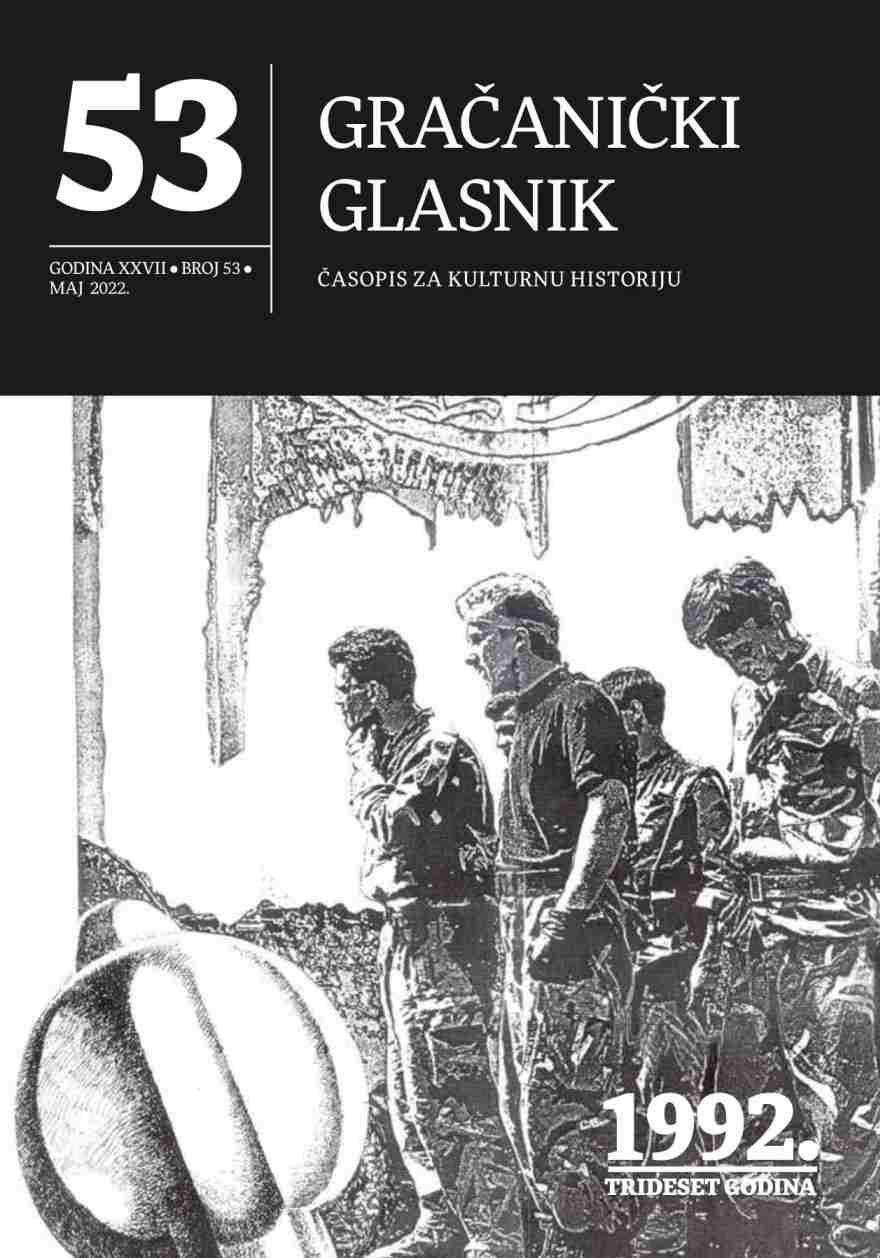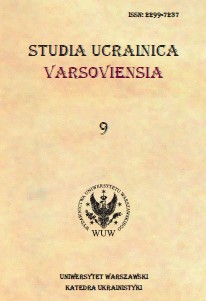
Спогади Лева Биковського про Варшавське повстання: біографічний та краєзнавчий вимір
The article analyzes the memoirs of the Warsaw Uprising of 1944, written by one of the most prominent Ukrainian bibliologists, librarians and bibliographers – Lev Ustymovych Bykowski (1895–1992), who also joined the librarianship of Czechoslovakia and Poland and served as director of the Warsaw Public Library in the most dramatic moments in the history of the Polish capital – the anti-Nazi uprising. Among the figures mentioned in the memoir are: Janina Peszynska (1887-1949) – head of the Arts department of the Public Library and an active participant in the Warsaw Uprising; Regina Tchaikovsky – daughter of famous writer Alexander Sventokhovsky; Professor Jerzy Kowalski (1893-1948) – classical philologist, writer, professor of Lviv and Wroclaw universities; writer Maria Dombrovska (1889-1960); Mayor of Warsaw Julian Kulski; Prince Victor Viktorovich Kochubey (1893-1953); former minister of UPR Stanislav Stempovsky – former minister of UPR and others. In the context of local lore, the events around the Warsaw Public Library and the situation on Marshalkowska, Koszykova, Poznanska, Emilia Plater, Goza, etc. are most noted. There is also a lot of evidence in the memoir of Warsaw’s cultural institutions and their condition after the uprising.
More...
